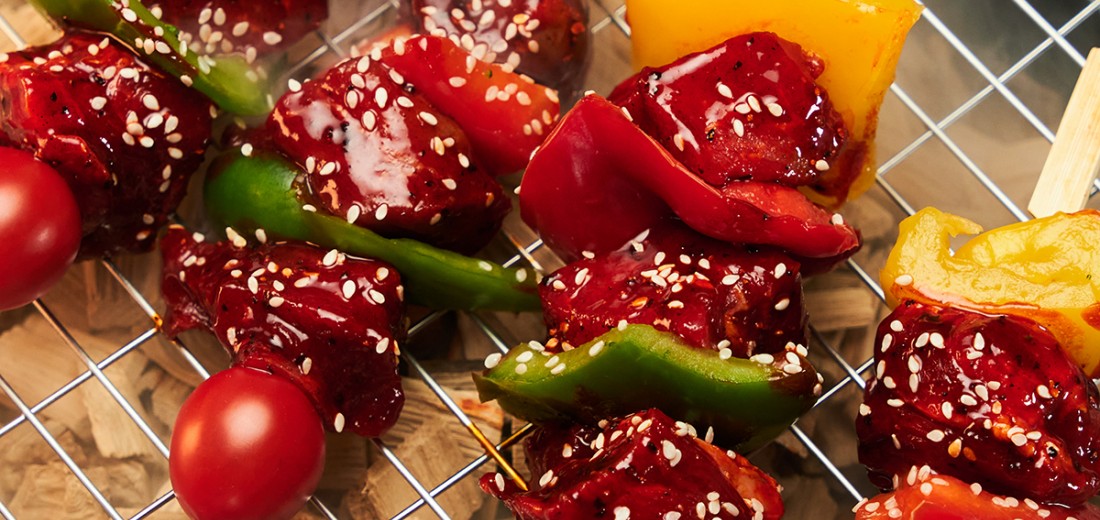
At FX Buckley we love to barbecue, so we’ve compiled what we believe to be the most important tips to take your grilling game to the next level!
1. Know Your Heat
Understanding the difference between direct and indirect heat is hugely important. Direct heat should be used for quickly cooking thinner meat such as burgers and skewers. Indirect heat is best for larger or tougher cuts that need time to render down, like ribs or larger steaks.
We suggest setting up areas in your barbecue for both, creating a direct heat zone for searing and a cooler zone for slow cooking.
2. Understand the Maillard Reaction
The Maillard Reaction, is complex chemical reaction that gives grilled and fried food its unique flavours and aromas. This process involves the natural proteins and sugars reacting under heat to create a complex flavour profile. To utilise this process we advise making sure that your meat is dry on the outside and to cook on a high heat to maximize this effect.
3. Marinate Your Meat
Marinades do more than just flavour your meat. Different components will help tenderize the meat, while oil can help carry fat-soluble flavours into it. However, avoid marinating too long in acidic marinades - a few hours are usually enough.
4. Control Your Flare-ups
Flare-ups can produce a great smoky flavour, but too many will cause your meat to burn and produce unhealthy compounds. We suggest using a spray bottle filled with water to control any excessive flames.
5. Keep the Lid Down
Keeping the barbecue lid closed as much as possible will help to keep the temperature consistent and prevent flare-ups.
6. Use a Meat Thermometer
Investing in a reliable digital thermometer not only assures good food safety, but will also significantly improves your barbecuing results by preventing overcooking or undercooking.
For a comprehensive list of the internal temperatures for various meats, refer to our guide 'Roasting Times - Quick Guide'.
7. Rest Your Meat
Just like with roasting, letting your meat rest after grilling is essential. Resting allows juices to redistribute throughout the meat, resulting in a juicier and more flavourful result.
8. Experiment with Different Woods
Different types of wood produce different flavours of smoke. For example, hickory, oak, and maple produce strong traditional smoke aromas, while woods such as apple and cherry introduce milder but sweeter notes.
9. Clean Your Grill
Cleaning your grill after each use will ensure that there are no leftover food particles or residues that could catch fire and affect the flavour of your next barbecue. The residual heat from your grill will it easier to scrape off the grates using a metal scraper.
